It’s no secret that the hospitality industry is among the most competitive ecosystems in the global business landscape. Guests consider countless factors when deciding where to stay during their travels. In this article, you’ll learn how these user experience aspects differ and strategies for making the most of both.
Understanding the Context
Although it’s tempting to assume cost is the most important criterion, the data shows that pricing — while relevant — isn’t always the make-or-break decision point for prospective guests. Increasingly, ease of the online experience is becoming the turning point for travelers. This means it’s important for hoteliers to understand how to maximize the benchmarking and the ROI of both website and booking engine conversion rates.
First, it’s important to have the most up-to-date understanding of the terminology involved:
- Internet Booking Engine Conversions – This refers to bookings converted on your website — such as if a guest searches for hotels in your area, lands on your site, and subsequently books via your portal.
- Website Conversions – There are a few ways to measure success when discussing website conversion. Conversions are most often scrutinized in terms of booking stays. But website conversions can also include newsletter sign-ups, loyalty program initiations, RFPs, or even downloads of a digital brochure. Each use case results from converting a ‘visitor’ into a ‘participant’.
Benchmarking
When turning lookers into bookers, it’s important to know where the lines of success are. According to available data, the numbers are fairly consistent across every industry (including hospitality). A 1% – 2.5% digital conversion rate is considered average and between 4% – 5% is excellent. For every 100 visitors to your hotel’s website, expecting conversion from about two or three people is fairly standard. And while that may not seem like a staggering number, it can truly add up — provided your hotel is doing everything it can to, at least, maintain and, ideally, increase those baselines.
Finding out where your property stands on conversion is a fairly straightforward proposition By simply gathering the backend data from Google Analytics and contrasting it with your online bookings, you can see where the latter is expressed as an overall percentage portion.
If, after doing this, you discover that your property’s numbers aren’t where you’d prefer them to be? Don’t worry — solid strategies are available for bumping up conversions to drive engagement, bookings, and revenue. And while there are no guaranteed methods, some reliable tactics have proven more effective than others.
4 Ways to Improve Website Conversions
Here are 4 strategies that will help you improve website conversions.
1. Start From the Top
There’s no adage older than “Don’t judge a book by its cover.” Still, it’s such an oft-invoked maxim because human nature often means a reflex response is involuntary and immediate. So, take stock of your primary landing pages. It’s the first impression your guests will be presented with. It must present your property in the most positive light possible and be informative without overwhelming it.
2. Scrutinize Your Sub-Pages
In doing this, it often pays to think like a guest. It can be challenging to do so from the hotelier’s perspective, but it’s a crucial step. The natural navigation path should encourage guests to progress to a booking point of sale if they spend any time exploring your site. The navigation should be clear and invite guests to interact.
You want guests to linger on your website just as they would at your hotel, so comfort is key. Remember: if you experience any frustration trying to use your site, it’s a guarantee that guests will be inclined to feel the same way.
3. Optimize Your Content
This may be one of the most frequently overlooked aspects of the user experience, but it significantly impacts conversions. By keeping your site’s “meat and potatoes” welcoming, inviting, and maybe even entertaining, guests will have more inclination to explore. This means updating hi-res imagery of rooms, restaurants, common areas, and amenities. After the images, the copy could use a once-over, too.
Offer guests concise but enticing room descriptions, and be sure to append in-room amenities. Describe aspects like on-site dining options, the fitness center, or the pool area (if applicable). Copy should be breezy, concise, and informative.
4. Keep the Funnel Clear
After navigating your website as a guest might (and noting any possible stumbling blocks), it’s time to follow through. Take a look at your booking engine. Be frank when scrutinizing the functionality. Note any obstacles, and make a plan to remove them.
7 Ways to Improve IBE Conversions
Every aspect of your hotel’s website is important. But optimizing the booking engine — your digital point-of-sale — is arguably the most important part. How frustrating would it be to see every facet of your guests’ user experience be polished to a silky-smooth luster, only to neglect the final step and trip them up at the finish line?
With that in mind, here are some strategies to consider for ensuring that your IBE is just as conversion-focused as the rest of your online presence:
1. Keep it Simple
The more complicated a process, the more likely a guest will abandon it and look elsewhere. Any more than a 2-3 step process to choose and book a room, and you’re risking a pass.
2. Ensure Cleanliness
If a guest has made the decision to book, they’ve either selected the ideal space for their stay, or the details aren’t consequential to them. So avoid repeating anything here. The name of the room, a clear photo for visual reference, and an unambiguous price should be more than sufficient here.
3. Don’t Oversell
The booking engine should only display the rooms you have available for the dates the guest has selected. There’s a little more frustrating for prospective guests than presenting them with options they may want to select, only to pull out the proverbial rug at the last moment.
4. Streamline the Close
Overwhelming guests with too many options is a misstep under the best circumstances. Once the guest has narrowed down their general category, that’s the tier they’ll feel most comfortable choosing from.
5. Ask for the Sale…
The classic “call to action” is a tried-and-true marketing tool for the simplest reason: it works. You’ll inspire decisive confidence by offering the definitive guest options to close the sale (such as the “BOOK NOW” buttons).
6. …But Offer an Out
That said, the guest must always feel in control. So although presenting off-ramps from the booking process is less than ideal for your bottom line, it nonetheless helps guests to feel less pressured.
7. Inspire Confidence
This philosophy continues by reassuring them of your cancellation and/or reservation change policies throughout the process. Guests will likely close the deal if their reservation is risk-free.
Even given all of the above, conversions aren’t a guarantee. There are just as many reasons for a guest to book a room (or not to) as there are guests. So while there are always steps you can take to help move the ball toward your own goal, it’s still advantageous to give yourself every competitive edge possible. And it starts by enlisting the assistance of partners who intrinsically understand how to boost conversion via proven strategies and industry-leading methodology.
Free Guide: 5 Data-driven Strategies for Optimizing Your Hotel Revenue
When all of the proper components are in place, data-driven tactics lead to success. Download the five essential data-driven strategies for maximizing hotel revenue and get your teams and data on the right track.
Click here to download the “5 Data-driven Strategies for Optimizing Your Hotel Revenue” guide.

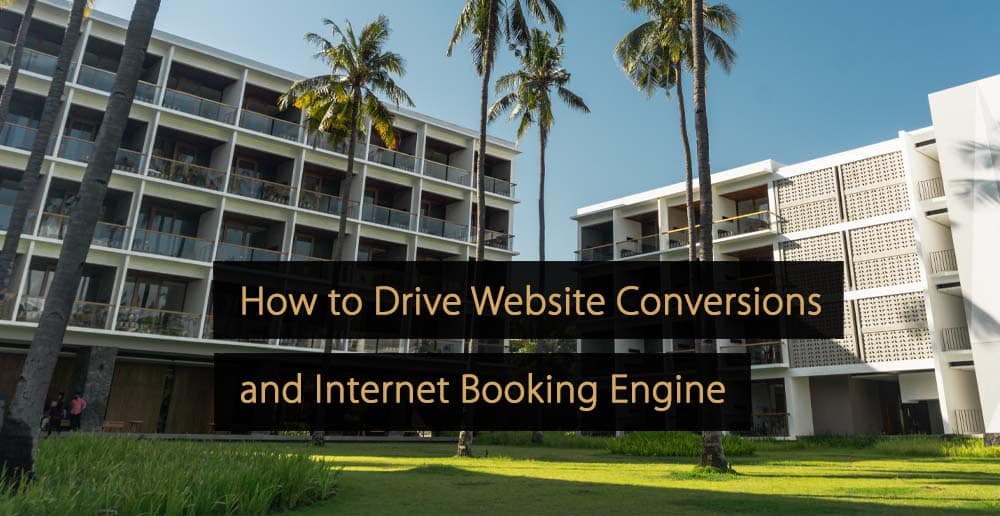
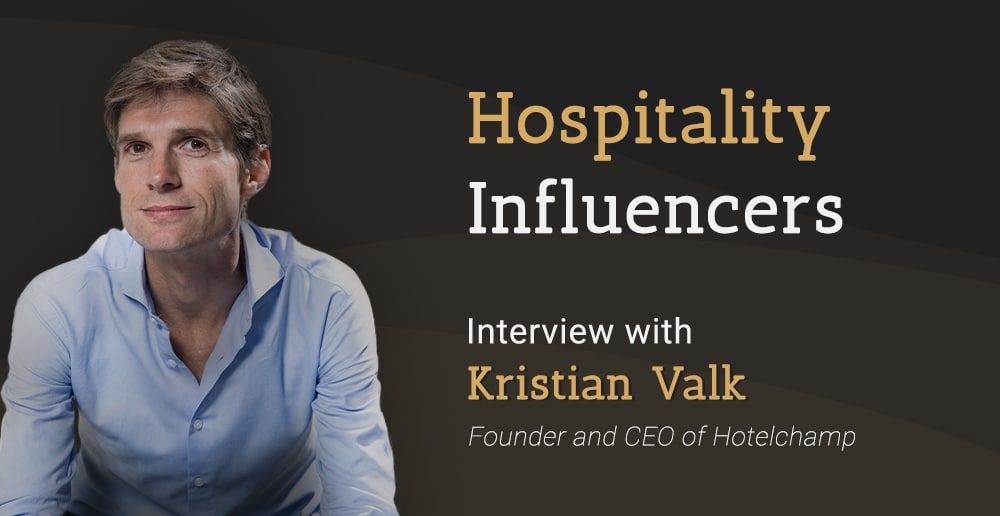
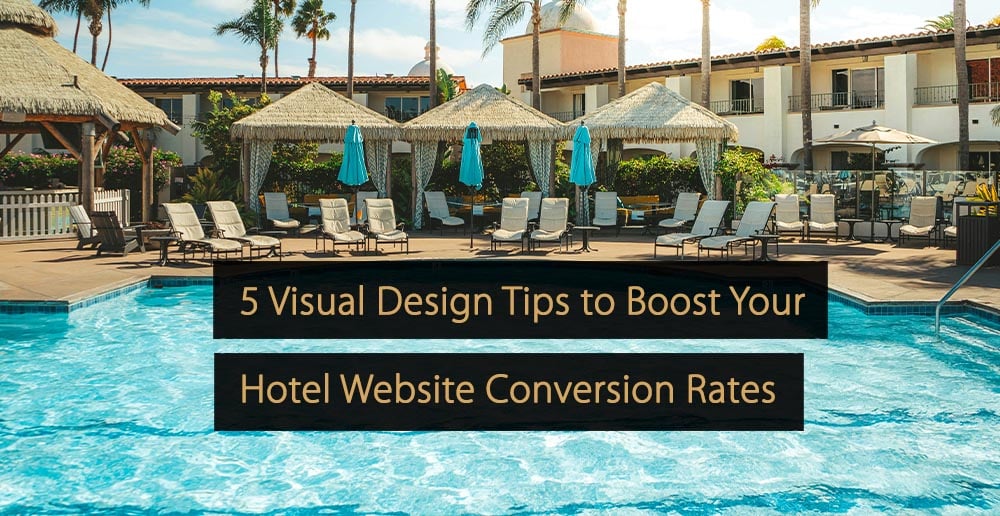
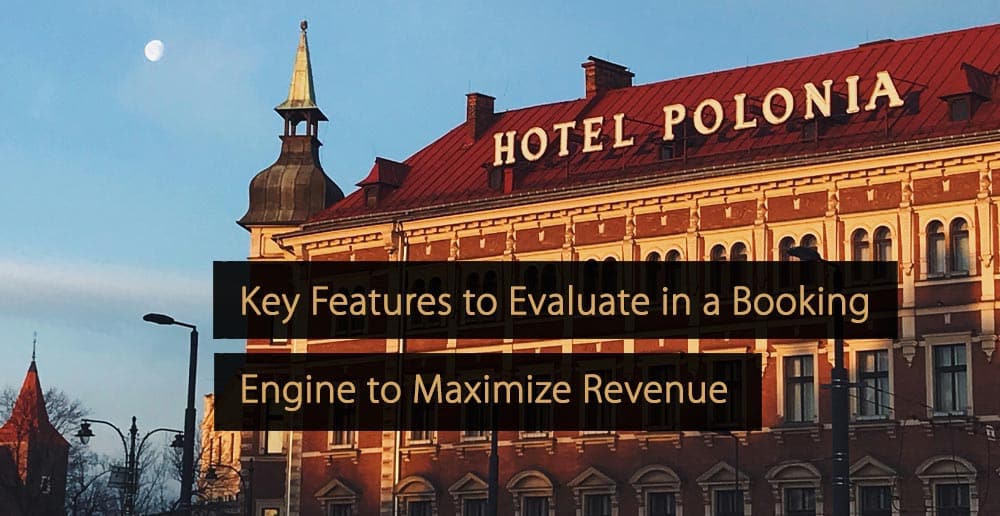
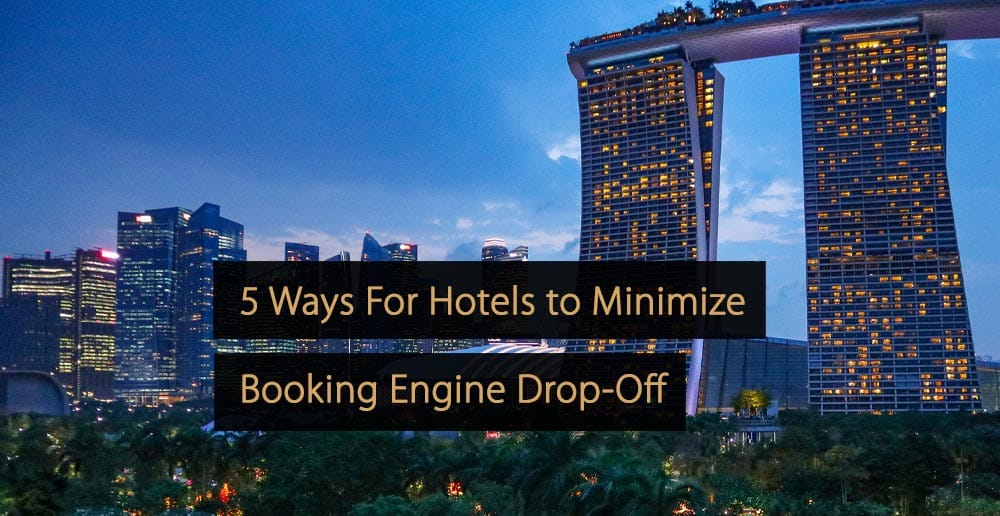
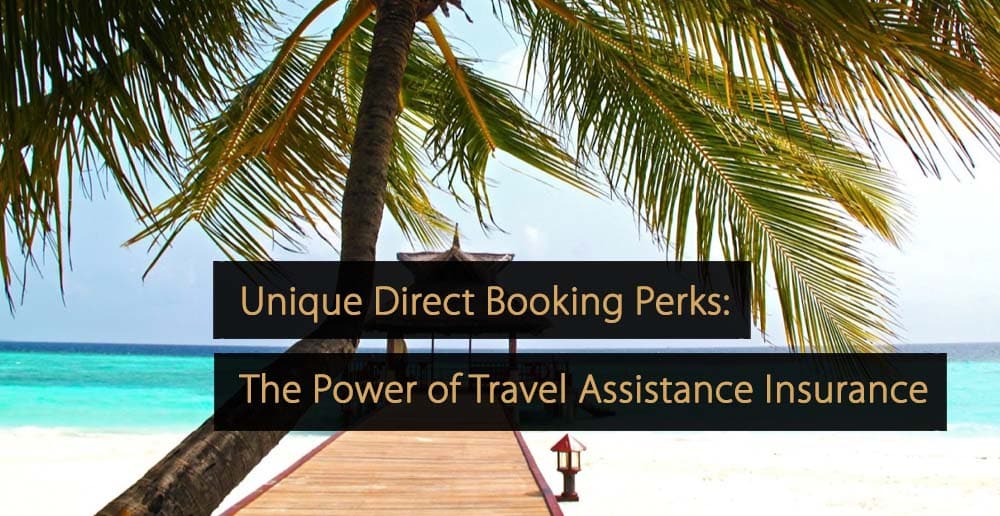
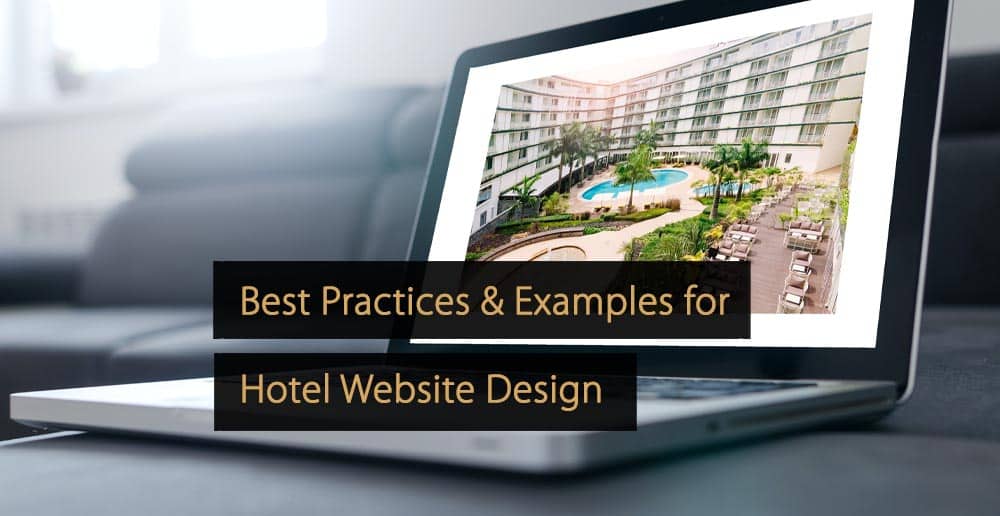
Leave A Comment